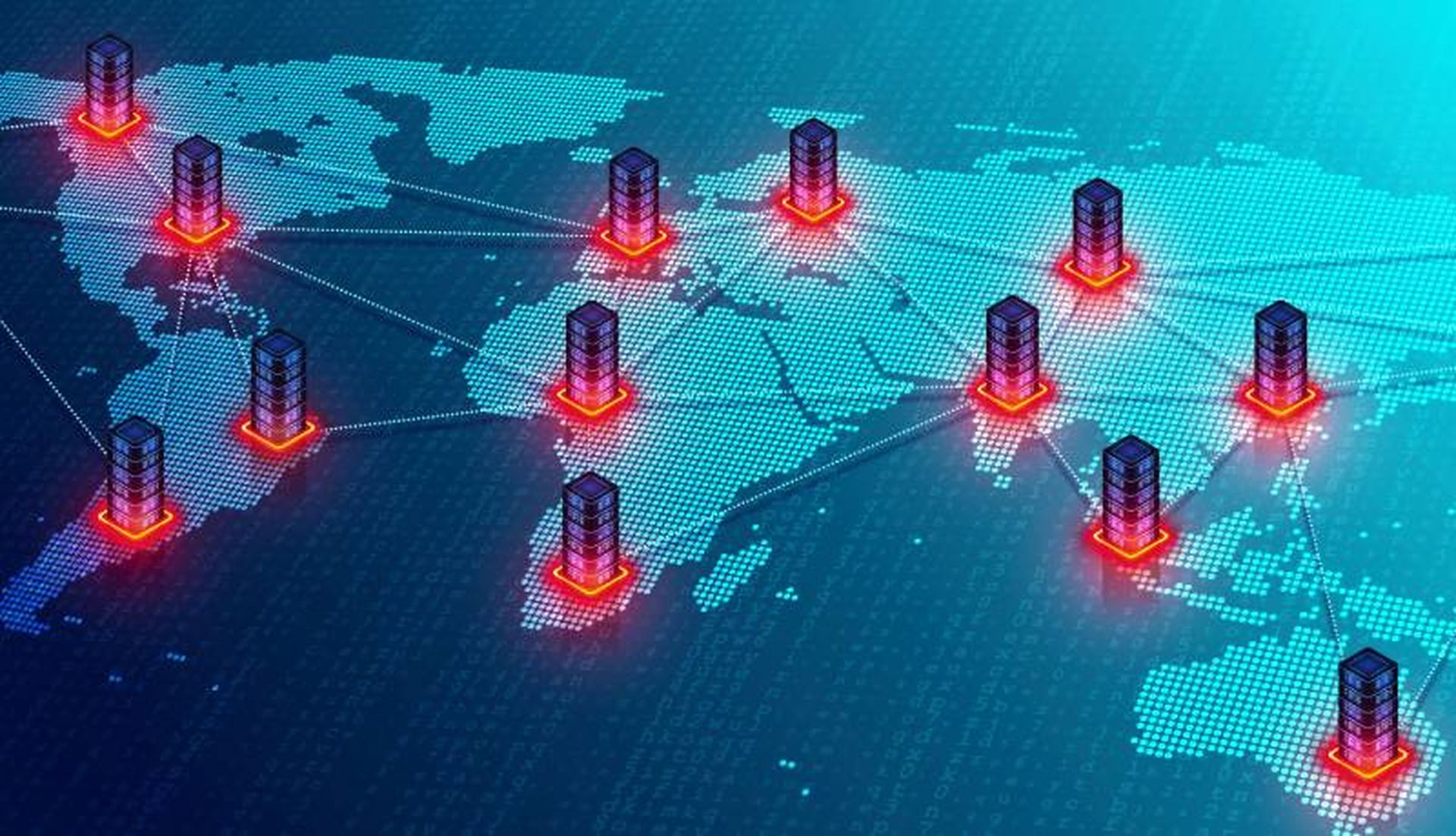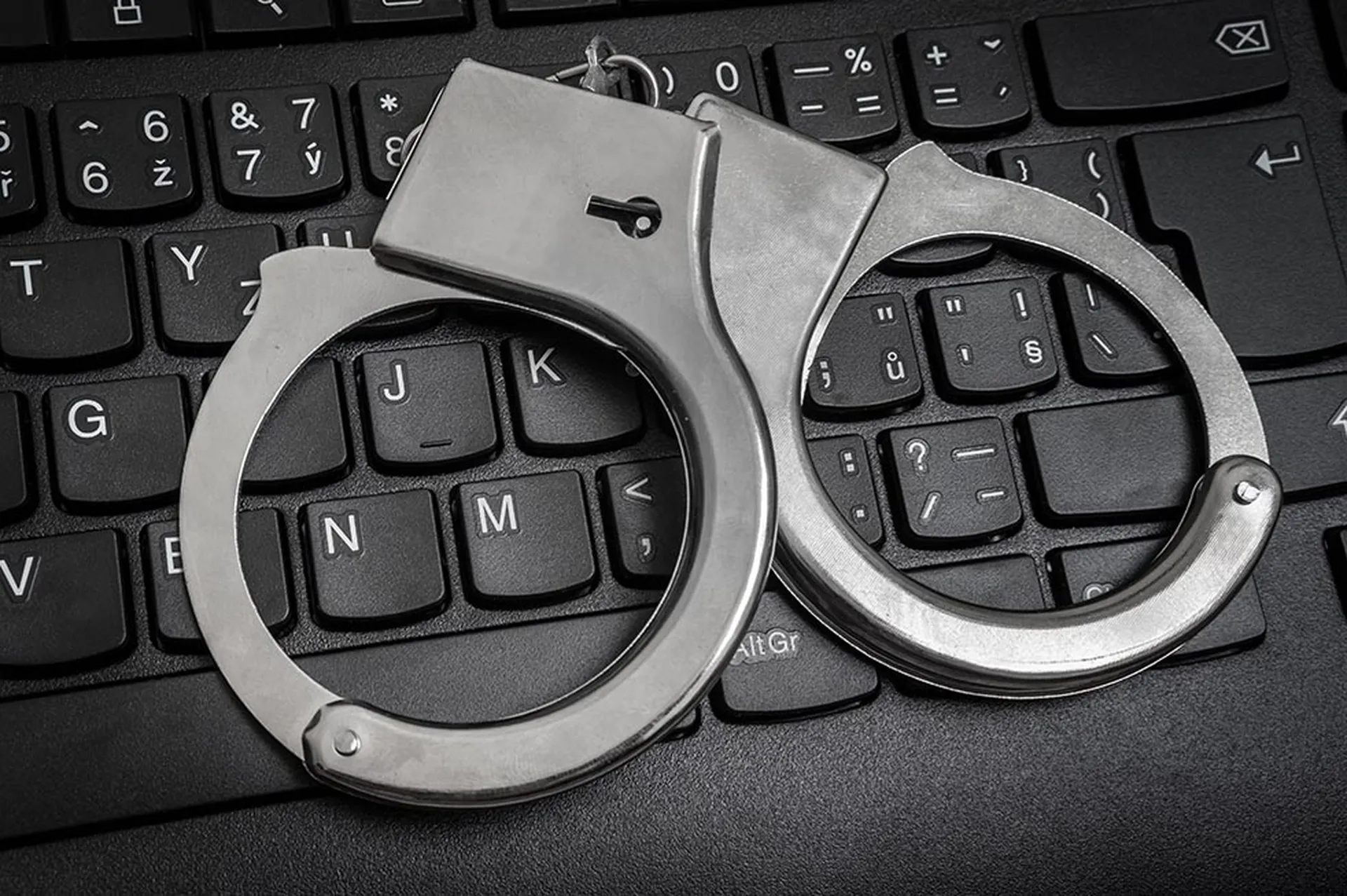Since President Obama took office, his administration has waged an unprecedented war on whistleblowers, invoking the Espionage Act to prosecute more people under the law than all previous presidents combined. One of those defendants is Bradley Manning, the U.S. Army intelligence officer accused of leaking tens of thousands of diplomatic cables to WikiLeaks. Since his arrest, Manning has spent nearly 1,000 days (that milestone date comes this Saturday) in prison without being tried, a significant amount of that time under deplorable conditions at the Quantico Marine base in Virgina. Meanwhile, Julian Assange, the founder of WikiLeaks, remains hunkered down at the Ecuadorian embassy in London, fearful that if he leaves to face sex crime questioning in Sweden he will be extradited to the United States to also face espionage charges.
The vigorous prosecutions of six Americans accused of providing information to the media because they in principle believed it belonged in the public domain is just one aspect of Obama's excessive pursuit to maintain secrecy and silence dissent. The U.S. Department of Justice has been just as zealous in its handling of cases involving activist hackers, or "hacktivists," accused of infiltrating corporate and government information systems to extract data – not to profit off it, but to expose reprehensible corporate behavior and systemic wrongdoing or to, simply, embarrass the powerful. Among those facing long prison sentences are Jeremy Hammond, Barrett Brown and Andrew Auernheimer. That list would have included Aaron Swartz, had he not hanged himself last month in his Brooklyn apartment, a few months before he was to be sentenced, the victim, his girlfriend and family believe, of an unwavering prosecution that sought decades of imprisonment.
Whistleblowing organizations like WikiLeaks and accused hacktivists like Hammond are not foreign spies lusting to plunder intellectual property from U.S. corporations and government agencies in order to profit and gain a competitive advantage, or for that matter, steal F-35 jet fighter plans or turn off the lights for millions. But that may have been the impression you walked away with after reading a White House report released on Wednesday, not-so-aptly titled "Administration Strategy on Mitigating the Theft of U.S. Trade Secrets."
Many observers had expected the report to solely focus on the very legitimate and alarming threat posed by foreign-based corporate cyber spies, especially on the heels of a series of high-profile hacks involving companies like The New York Times, in addition to a fascinating in-depth look from forensic firm Mandiant into the operations of a Chinese military unit believed responsible for hacking 141 organizations, primarily based in the United States.
While the White House report, which pledged to increase law enforcement activity and diplomatic measures to stymie the threat, did devote significant space to concerns over nation-state-led data collection and the economic impact these alleged Chinese and Russian-based hacks impose on U.S. businesses, it also contained two passages that referenced WikiLeaks and the now-defunct hacktivist group LulzSec as threats of an equal magnitude. One of the passages, from the report:
| Political or social activists also may use the tools of economic espionage against US companies, agencies, or other entities. The self-styled whistleblowing group WikiLeaks has already published computer files provided by corporate insiders indicating allegedly illegal or unethical behavior at a Swiss bank, a Netherlands-based commodities company, and an international pharmaceutical trade association. LulzSec – another hacktivist group – has exfiltrated data from several businesses that it posted for public viewing on its website. |
Incongruous as it may be to include them in the report, it should come as no shock that the Obama administration is using any opportunity it can to label hacktivists and organization like WikiLeaks (The White House even calls WikiLeaks a "hacktivist" group although there is no evidence the organization has ever itself conducted hacking operations to receive its incredible scoops) as just as criminally liable as a highly skilled and well-funded group of Chinese military hackers that reportedly have been able to clandestinely compromise the networks of 141 organizations in the United States, including some of the largest and seemingly most secure businesses in the world, to smuggle documents, design plans and source code.
By the White House clumping these disparate groups with varying motivations together into one pool of perfidious internet miscreants and promising accelerated law enforcement efforts, it enables the president to appear tough on Chinese and Russian espionage and sabotage that might hurt the U.S. economy, while also sending a clear message that individuals who feel morally responsible to expose corporate or government impropriety will be treated just as harshly. Taken another way, this further normalizes and institutionalizes the exceptionally harsh treatment of online dissent. And while it may be a crime, the report deems it essentially no different than the actions taken by a Chinese military unit that is digitally infiltrating and possibly sabotaging hundreds of U.S. companies, including critical infrastructure operators, from a 12-story office building in Shanghai.



